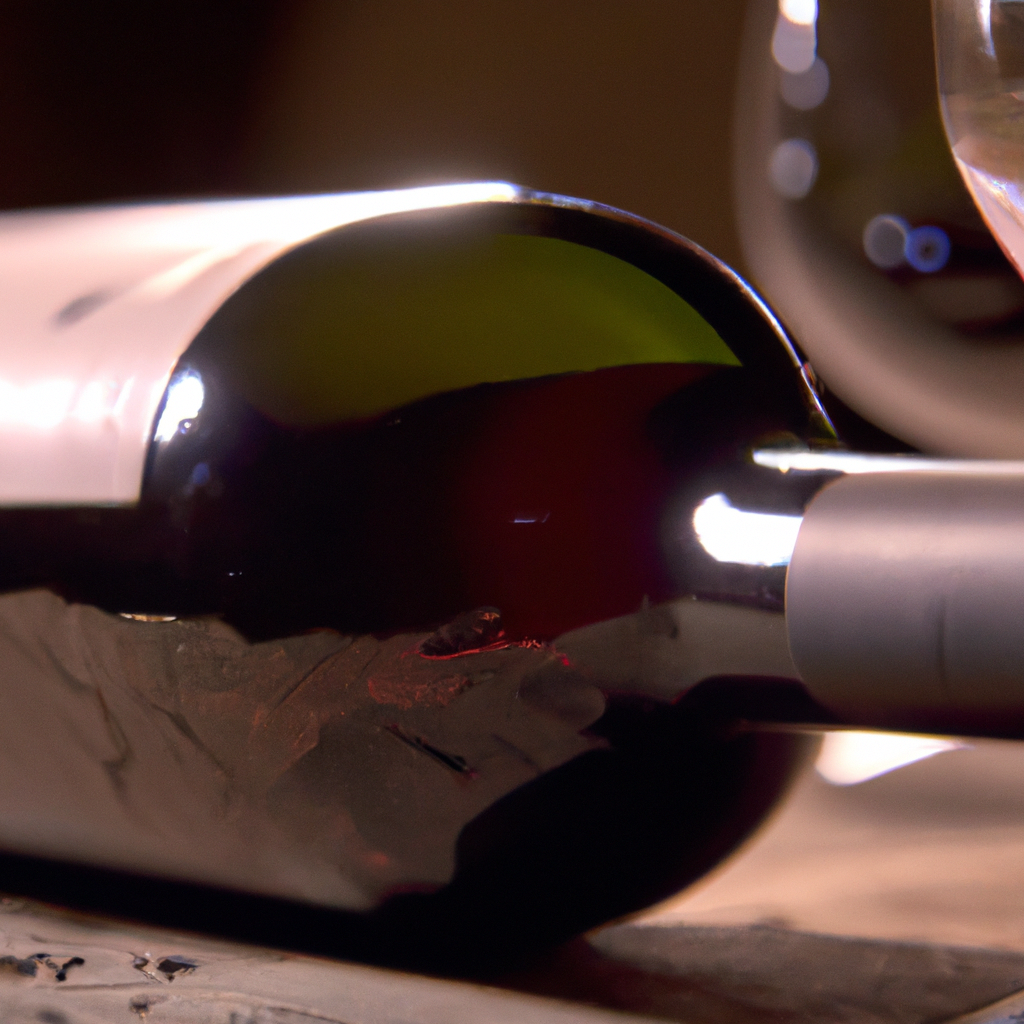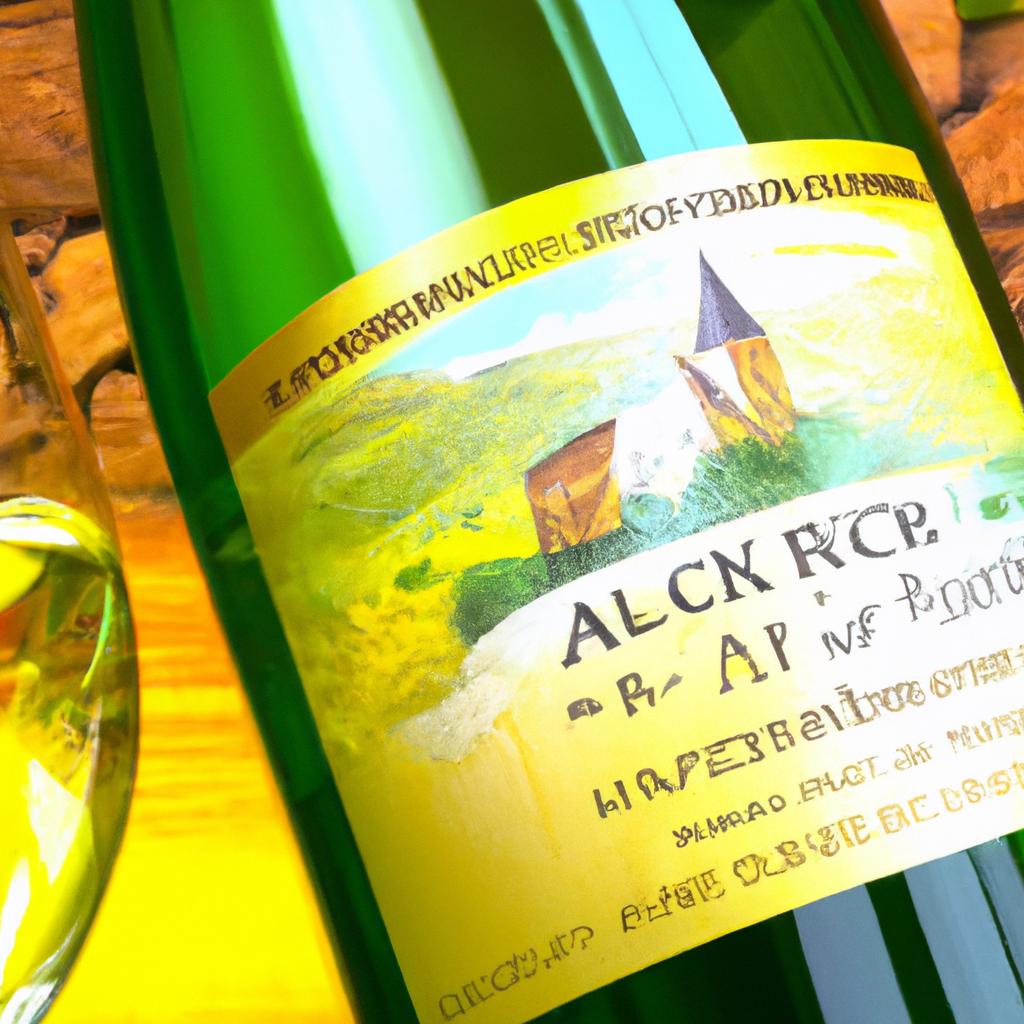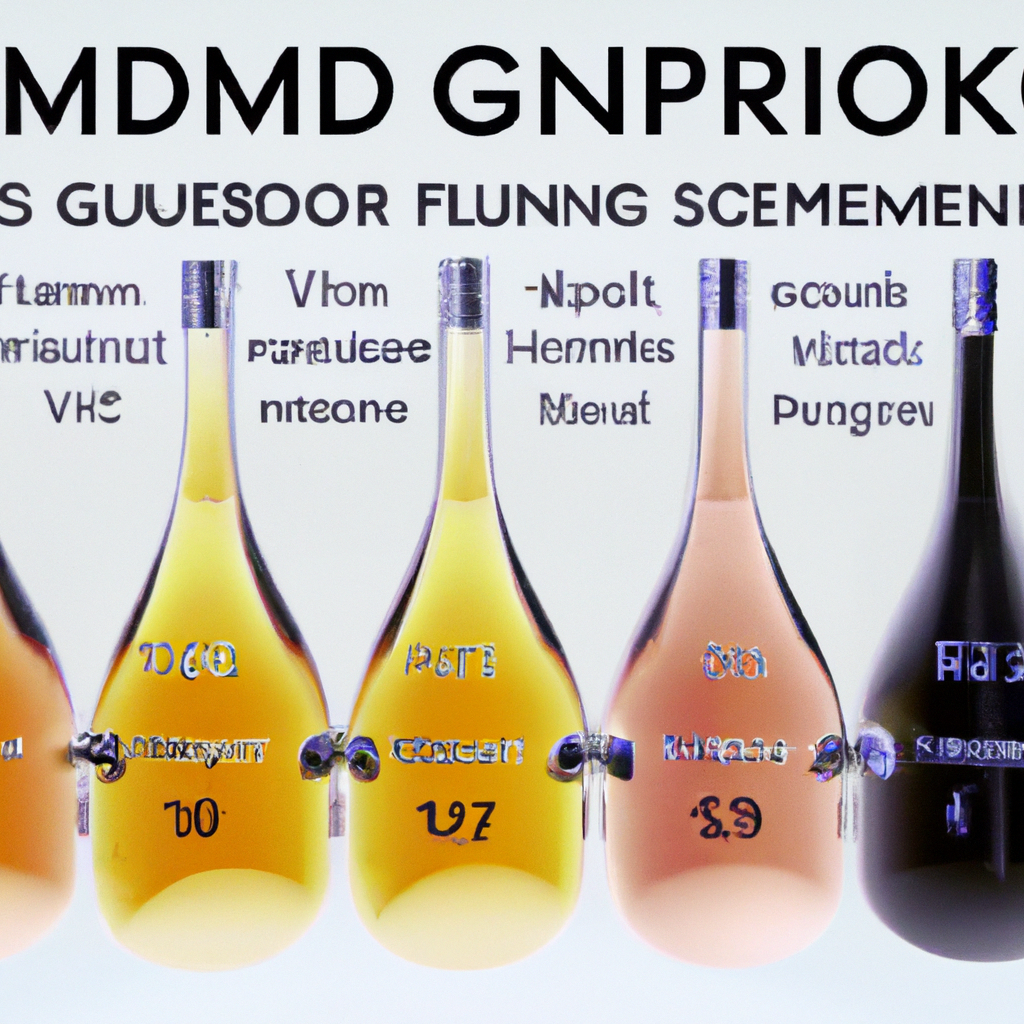Dreams of Chardonnay: Brian Croser’s Pursuit
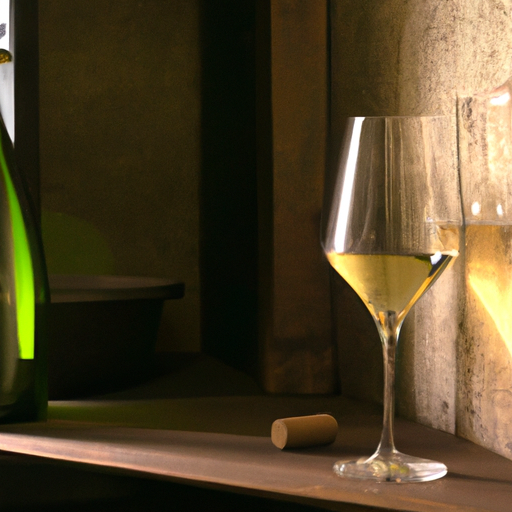
The History and Evolution of Chardonnay: Exploring Brian Croser’s Contributions
Chardonnay, a white wine grape variety, has a long and storied history that spans centuries. Its origins can be traced back to the Burgundy region of France, where it has been cultivated since the Middle Ages. Over time, Chardonnay has become one of the most popular and widely planted grape varieties in the world, thanks in part to the efforts of pioneers like Brian Croser.
Brian Croser, an Australian winemaker and viticulturist, has played a significant role in the history and evolution of Chardonnay. Born in 1945, Croser developed a passion for wine at a young age and went on to study oenology at the University of Adelaide. After completing his studies, he gained valuable experience working in various wineries in France and Australia.
In the 1970s, Croser recognized the potential of the Adelaide Hills region in South Australia for producing high-quality Chardonnay. At the time, the region was relatively unknown in the wine world, but Croser saw its cool climate and unique terroir as ideal for growing this grape variety. He believed that the combination of the region’s cool temperatures and ancient soils would result in wines with exceptional elegance and complexity.
With this vision in mind, Croser founded Petaluma Wines in 1976, with a focus on producing premium Chardonnay. He planted his first vineyard in the Adelaide Hills, and it quickly became evident that his intuition was correct. The Chardonnay grapes grown in this region displayed vibrant acidity, intense fruit flavors, and a distinct minerality that set them apart from other Australian Chardonnays.
Croser’s success with Chardonnay in the Adelaide Hills helped to put both the region and the grape variety on the map. His wines received critical acclaim and garnered international recognition, solidifying Australia’s reputation as a producer of world-class Chardonnay. In addition to his work in the Adelaide Hills, Croser also played a key role in establishing the Tapanappa Wines label, which focuses on producing Chardonnay from the Piccadilly Valley in the Adelaide Hills.
Throughout his career, Croser has been a champion of sustainable viticulture and has advocated for the use of environmentally friendly practices in the wine industry. He has been instrumental in promoting the concept of “site-specific” wines, which emphasize the unique characteristics of a particular vineyard site. This approach has been particularly influential in the production of Chardonnay, as it allows for the expression of the grape’s inherent qualities and the terroir in which it is grown.
In conclusion, Brian Croser’s contributions to the history and evolution of Chardonnay cannot be overstated. His pioneering work in the Adelaide Hills region of South Australia has helped to elevate Australian Chardonnay to new heights. Through his dedication to quality, sustainability, and site-specific winemaking, Croser has left an indelible mark on the world of Chardonnay and has inspired a new generation of winemakers to pursue their dreams of crafting exceptional wines.
Unveiling the Secrets Behind Chardonnay’s Dreamy Aromas and Flavors
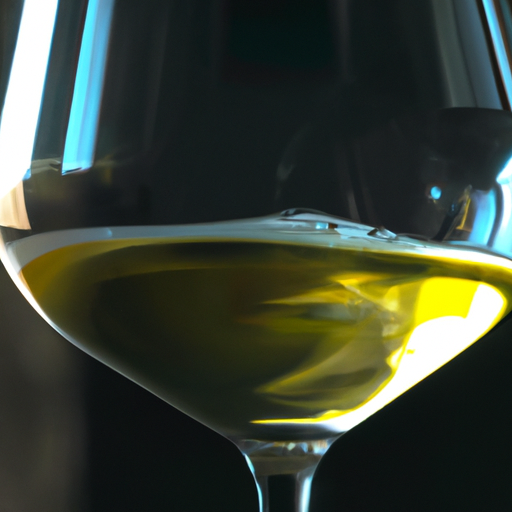
Dreams of Chardonnay: Brian Croser’s Pursuit
Unveiling the Secrets Behind Chardonnay’s Dreamy Aromas and Flavors
Chardonnay, the queen of white wines, has captivated wine enthusiasts for centuries with its dreamy aromas and flavors. But what makes this varietal so special? To uncover the secrets behind Chardonnay’s allure, we delve into the story of one man’s relentless pursuit of perfection – Brian Croser.
Brian Croser, an Australian winemaker and viticulturist, has dedicated his life to unraveling the mysteries of Chardonnay. His journey began in the 1970s when he set out to create world-class Chardonnay wines in the cool climate of the Adelaide Hills. With a deep passion for the grape, Croser meticulously studied the terroir, climate, and winemaking techniques that would bring out the best in Chardonnay.
One of the key factors that contribute to Chardonnay’s dreamy aromas and flavors is the terroir. Croser recognized that the cool climate of the Adelaide Hills, with its crisp mornings and mild summers, provided the ideal conditions for growing Chardonnay grapes. The slow ripening process in these conditions allows the grapes to develop complex flavors while retaining their natural acidity.
But terroir alone is not enough to create exceptional Chardonnay. Croser understood that the winemaking process plays a crucial role in unlocking the grape’s potential. He adopted a minimalist approach, allowing the grapes to express themselves fully. Gentle pressing, careful fermentation, and judicious use of oak barrels are some of the techniques he employed to preserve the delicate aromas and flavors of Chardonnay.
Croser’s pursuit of perfection also led him to experiment with different clones of Chardonnay. He discovered that each clone had its own unique characteristics, contributing to the overall complexity of the wine. By carefully selecting and blending different clones, he was able to create Chardonnays with a harmonious balance of fruit, acidity, and texture.
Another aspect that sets Croser’s Chardonnays apart is his commitment to sustainability. He recognized the importance of preserving the environment and ensuring the longevity of his vineyards. By practicing organic and biodynamic farming methods, he not only nurtured the health of the soil but also enhanced the expression of terroir in his wines. This dedication to sustainability is reflected in the purity and vibrancy of his Chardonnays.
Croser’s relentless pursuit of perfection has not gone unnoticed. His Chardonnays have garnered critical acclaim and have become benchmarks for the varietal. Wine enthusiasts around the world have been captivated by the dreamy aromas of citrus, tropical fruits, and delicate floral notes that dance on the palate. The wines exhibit a perfect balance of richness and freshness, leaving a lasting impression that lingers long after the last sip.
In conclusion, Brian Croser’s unwavering dedication to Chardonnay has unveiled the secrets behind its dreamy aromas and flavors. Through his meticulous study of terroir, his minimalist winemaking approach, and his commitment to sustainability, he has created Chardonnays that are truly exceptional. These wines embody the essence of the grape, showcasing its complexity, elegance, and timeless appeal. So, the next time you savor a glass of Chardonnay, remember the passion and pursuit that went into creating this liquid dream.
Brian Croser’s Vision for Chardonnay: A Journey of Innovation and Excellence
Brian Croser is a name that is synonymous with innovation and excellence in the world of wine. As one of Australia’s most renowned winemakers, Croser has dedicated his life to perfecting the art of winemaking, particularly when it comes to Chardonnay. His passion for this varietal has led him on a journey of discovery and experimentation, resulting in some of the finest Chardonnays ever produced.
Croser’s vision for Chardonnay began in the early 1970s when he first set foot in the Adelaide Hills region of South Australia. Inspired by the cool climate and unique terroir of the area, he saw the potential for producing world-class Chardonnay. At the time, Chardonnay was not widely grown in Australia, and those that were produced were often heavy and oaky in style. Croser saw an opportunity to create something different – a Chardonnay that was elegant, balanced, and reflective of its terroir.
With this vision in mind, Croser set out to find the perfect site for his vineyard. He believed that the key to producing exceptional Chardonnay lay in finding the right combination of soil, climate, and aspect. After years of searching, he finally found what he was looking for in the Piccadilly Valley, a sub-region of the Adelaide Hills. Here, the cool climate and ancient soils provided the ideal conditions for growing Chardonnay grapes of exceptional quality.
But Croser’s pursuit of excellence didn’t stop at finding the perfect site. He knew that in order to create truly exceptional Chardonnay, he would need to employ innovative winemaking techniques. One of his most significant contributions to the world of winemaking was the introduction of the “whole bunch press” method. This technique involves pressing whole bunches of grapes, rather than just the juice, resulting in a more delicate and nuanced wine.
In addition to the whole bunch press, Croser also pioneered the use of wild yeast fermentation in Australia. This method, which involves allowing the natural yeasts present on the grape skins to ferment the juice, adds complexity and depth to the final wine. It was a risky move at the time, as most winemakers relied on commercial yeast strains for fermentation. However, Croser’s belief in the potential of wild yeast paid off, and today it is widely used by winemakers around the world.
Croser’s dedication to innovation and excellence has not gone unnoticed. His wines have received numerous accolades and awards, both in Australia and internationally. His Tapanappa Chardonnay, in particular, has been hailed as one of the best in the world, consistently receiving high scores from wine critics and enthusiasts alike.
But for Croser, it is not just about producing great wine. He is also passionate about sustainability and preserving the land for future generations. In 2002, he established the Australian Landscape Trust, an organization dedicated to protecting and restoring Australia’s natural landscapes. Through this initiative, Croser hopes to ensure that the unique terroir that makes his wines so special will be preserved for years to come.
In conclusion, Brian Croser’s pursuit of excellence in Chardonnay has been a journey of innovation and dedication. From his early days in the Adelaide Hills to his pioneering winemaking techniques, Croser has pushed the boundaries of what is possible in the world of Chardonnay. His vision and passion have resulted in some of the finest wines ever produced, and his commitment to sustainability ensures that his legacy will continue for generations to come.

